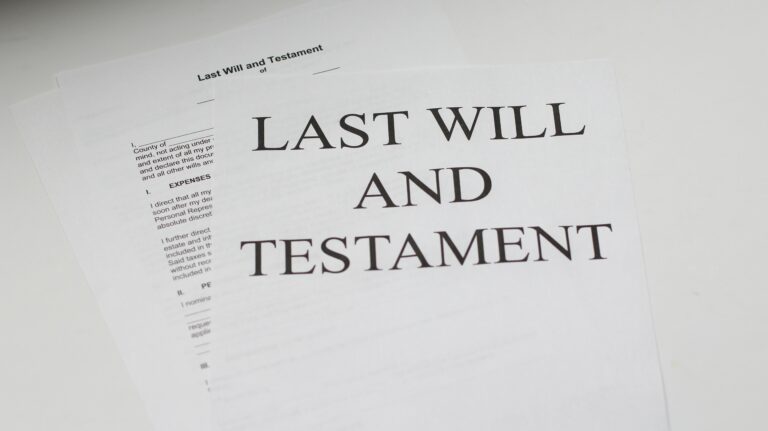
What Happens When Property Is Owned Jointly and an Owner Dies?
When property is owned jointly, the property may pass automatically to the other owner, passing without going through probate, according to a recent article titled “Everything you need to know about jointly owned property and wills” from TBR News Media
Your will only concerns assets in your name alone without a designated beneficiary. Let’s say you have a joint checking account with another person. On your death, the account automatically becomes the property of the surviving owner. This is outside of probate, and any directions in your will won’t apply.
Real estate is most commonly owned jointly, in several different ways and each with its own set of laws.
Joint Tenancy or Joint Tenancy with Rights of Survivorship. On the death of a joint owner, the owner’s share goes to the surviving joint owner. Simple. The main advantage is the avoidance of probate, which can be costly and take months to complete.
Tenancy by the Entirety. This type of joint ownership is only available between spouses and is not used in all states. A local estate planning attorney will be able to tell you if you have this option. As with Joint Tenancy, when the first spouse passes, their interest automatically passes to the surviving spouse outside of probate.
There are additional protections in Tenancy by the Entirety making it an attractive means of ownership. One spouse may not mortgage or sell the property without the consent of the other spouse, and the creditor of one spouse can’t place a lien or enforce a judgment against property held as tenants by the entirety.
Tenancy in Common. This form of ownership has no right of survivorship and each owner’s share of the property passes to their chosen beneficiary upon the owner’s death. Tenants in Common may have unequal interests in the property, and when one owner dies, their beneficiaries will inherit their share and become co-owners with other Tenants.
The Tenant in Common share passes the persons designated according to their will, assuming they have one. This means the decedent’s executor must “probate” the will and file a petition with the court. However, a Tenant in Common may be able to avoid probate if their share of the property is held in trust, in which case the terms of the trust and not their will controls how the property passes at death. In this case, there’s no need for any court involvement.
There may be capital gains consequences when transferring ownership interests during and after life. Such gifts should never be made without speaking with an estate planning attorney. One of the more common errors occurs when the testator fails to account for the different types of ownership and how assets pass through the will. A comprehensive estate plan, created by an experienced estate planning attorney, ensures that both probate and non-probate assets work together.
Reference: TBR News Media (Dec. 27, 2022) “Everything you need to know about jointly owned property and wills”









